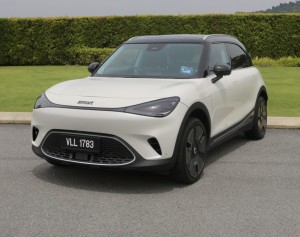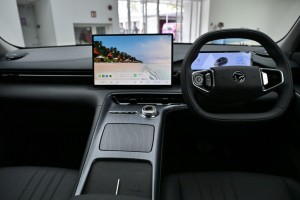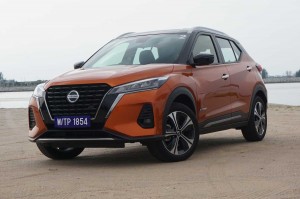Targeted fuel subsidies to drive long-term growth for Malaysia
By THE STAR | 17 July 2024
KUALA LUMPUR: The cut in diesel and soon petrol subsidies will go a long way towards sustaining the country’s economic growth in the longer term.
According to the Asean+3 Macroeconomic Research Office (Amro), savings from the implementation would be well received by the investment community.
“Removal of subsidies in phases and cash transfers to support the lower income group can help mitigate higher pump prices. This will free up fiscal space that can be used for more growth enhancing type of expenditure,” said Amro chief economist Hoe Ee Khor at its quarterly update press briefing yesterday.
“Our expectations are that the government will lift subsidies on RON95 petrol eventually. We understand it is quite painful, but it is a measure that will be well received by the investment community.
“It is needed to help Malaysia focus on other areas of expenditure,” Khor added.
Meanwhile, Amro had also cut its gross domestic product forecast for Malaysia to 4.7% this year from 5% previously on potentially slower-than-expected growth in exports.
“We have shaded down the growth forecast but it is still a strong pick up from last year. The exports sector has been a bit slow in picking up but it is still a very strong growth.
“And we expect it to pick up next year. Malaysia, specialising in the electrical and electronics sector, will benefit from the upturn in semiconductor sales,” he said.
Khor also said the ringgit may see further improvements this year and would likely be at a stronger level than last year.
“The ringgit has been performing well since February because the economy has been performing well. It is also due to measures to encourage companies to repatriate investment earnings.
“This would support the foreign exchange market. It also benefits from the turnaround in external headwinds which would support the balance of payments,” he said.
On the wider Asean region, Khor said he expects the area to continue benefitting from investment inflows due to the ongoing trade tensions between the United States and China.
Tags
Autos News
Reviews

7.6
Maserati GranTurismo (Mk2) Modena: Sharp and smooth operator

6.8
Triumph Tiger 900 GT Pro: Multi-talented adventurer

Hyundai Ioniq 5 N: Born rascal

6.6
Husqvarna Svartpilen 401: Inspiring retro design

8.8
smart #1 (Premium): Agile, engaging, roomy, premium motoring

6.6
Suzuki V-Strom 250 SX: Multi terrain warrior

Proton e.MAS 7 impresses in quick dynamic driving exercises

Nissan Kicks e-Power: Kicking off a new efficiency
Videos

StarCarSifu Editors' Choice Awards 2024: Top winners

The Snowball – Lamborghini’s Heartwarming Christmas Story of...

EVOGO battery swapping solution showcased at IAA Mobility 20...
